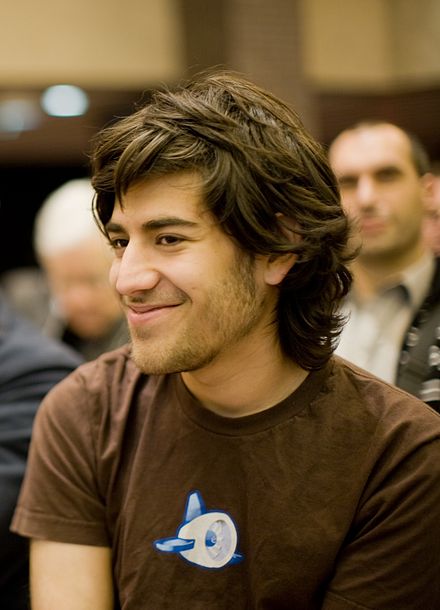Intriguing piece in Slate:
Imagine visiting Yellowstone this summer. You wake up before dawn to take a picture of the sunrise over the mists emanating from Yellowstone hot springs. A thunderhead towers above the rising sun, and the picture turns out beautifully. You submit the photo to a contest sponsored by the National Weather Service. Under a statute signed into law by the Wyoming governor this spring, you have just committed a crime and could face up to one year in prison.
Wyoming doesn’t, of course, care about pictures of geysers or photo competitions. But photos are a type of data, and the new law makes it a crime to gather data about the condition of the environment across most of the state if you plan to share that data with the state or federal government. The reason? The state wants to conceal the fact that many of its streams are contaminated by E. coli bacteria, strains of which can cause serious health problems, even death. A small organization called Western Watersheds Project (which I represent pro bono in an unrelated lawsuit) has found the bacteria in a number of streams crossing federal land in concentrations that violate water quality standards under the federal Clean Water Act. Rather than engaging in an honest public debate about the cause or extent of the problem, Wyoming prefers to pretend the problem doesn’t exist. And under the new law, the state threatens anyone who would challenge that belief by producing information to the contrary with a term in jail.
Now, why would that be?
The reason is pure politics. The source of E. coli is clear. It comes from cows spending too much time in and next to streams. Acknowledging that fact could result in rules requiring ranchers who graze their cows on public lands to better manage their herds. The ranching community in Wyoming wields considerable political power and has no interest in such obligations, so the state is trying to stop the flow of information rather than forthrightly address the problem.
Ah! Why does this remind me of Ibsen’s An Enemy of the People?


